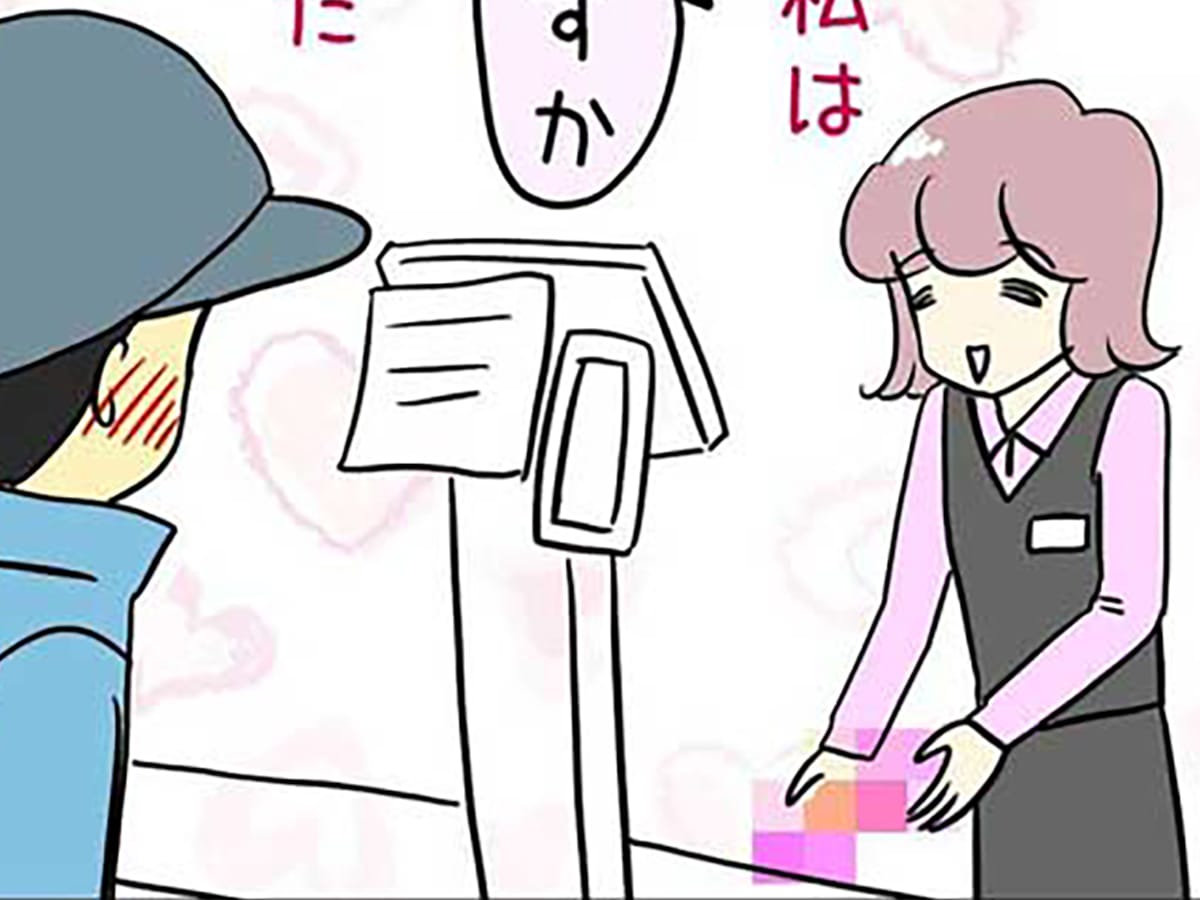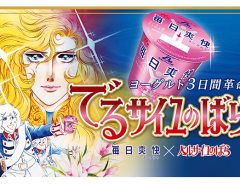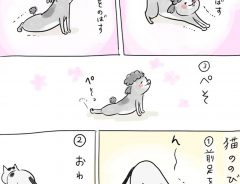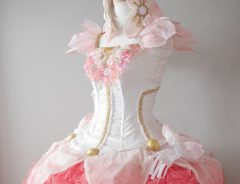
Source: あとみ Atomi (yumekomanga) - image used with permission
Awkward adult toy question at Don Quijote and other Japanese customer service gaffes [manga]
- Tags:
- Adult Goods / Customer Service / Don Quijote / embarrassing / Manga / misunderstanding / shopping
Related Article
-

The Tomato Devil from Chainsaw Man is now a terrifyingly realistic caprese salad
-

Morinaga x “Rose of Versailles” Collaboration Offers Emancipation From Constipation With A Three-Day Yogurt Revolution
-

Owner Feels Uneasy After Watching Her Cat Stretch
-

Japanese consumers show signs of lockdown fatigue as the outbreak enters the fall [manga]
-

Costume designer recreates Cardcaptor Sakura battle dress in stunning quality
-

Japanese Manga Artist Shocked to Find Mother’s Incredible 50 Year Old Illustrations


Just like in any profession, people sometimes make mistakes in the field of customer service, even in Japan.
Whether it's a mistake in protocol, a misunderstanding, or a mistake in the Japanese language, things can take an embarrassing turn when you're dealing with a customer.
Manga artist あとみ Atomi (yumekomanga), who is popular on Instagram for her depictions of daily life working at a supermarket, recently posted a manga about such situations based on anecdotes submitted by her readers.
Here are some of them. (English added by grape Japan):
Reproduced with permission from あとみ Atomi (yumekomanga)
Shop clerks in Japan sometimes ask customers, especially those purchasing only one item, if they are fine taking the item as it is. If so, the shop puts a sticker unique to the store on it as proof of purchase. This option is always available for customers who bring their own bags.
For prophylactics and female hygiene products, Japanese convenience stores and pharmacies often automatically provide paper bags out of privacy considerations. It's safe to assume that any clerk aware that a customer was purchasing an adult toy would avoid suggesting the sticker option for the same reason.
Reproduced with permission from あとみ Atomi (yumekomanga)
In Japanese, 何 nani means "what." 様 sama is an honorific suffix added to proper names to show respect. In a customer service situation, a clerk will always address a customer either as お客様 okyaku sama (honorable customer) or add sama to their family name if they have learned it (eg: スミス様 sumisu-sama for Mr./Ms. Smith).
However, the polite way to add a name to a restaurant waiting list or confirm a customer's name is どちら様ですか?dochira sama desu ka or, more commonly, お名前を伺ってもよろしいでしょうか? o-namae wo ukagatte mo yoroshī deshō ka? (lit. "May I ask your name?"), and never 何様ですか? nanisama desu ka, and for good reason:
Nanisama desu ka? is only used when addressing someone behaving insolently since it has the nuance of: "Who do you take yourself for?" or "Who the heck do you think you are?." Although the intended meaning would probably be clear in the context of the restaurant, it's easy to imagine that some customers might get offended.
Reproduced with permission from あとみ Atomi (yumekomanga)
Although the fiscal year ends in March for most Japanese companies, the end of December has traditionally been a busy time in Japan. Temples prepare for end-of-year ceremonies, families prepare elaborate osechi cuisine, and various odds and ends are cleaned up and put in order to welcome the new year. One metaphorical expression describing this busy year-end period in Japanese is 年の瀬 toshi no se, literally meaning "the shallow waters of the year." Since the current is faster in the shallow waters of a river, it expresses the idea that time flies by in a rush of activity in December.
In the context of this conversation, however, it's not difficult to see why the customer may have misheard the clerk since there's another phrase that sounds almost the same: 年のせい toshi no sei, literally: "the fault of your age." (年 toshi can mean both "year" and "age.")
The difference between se and sei is even more difficult to catch when it's spoken quickly and immediately followed by other words. Perhaps it's best to avoid this one when making small talk with customers in December, especially if they're older than you and were just talking about how tired they felt. She would have avoided any misunderstandings if she had said: 年末ですからね nenmatsu desu kara ne, using the more neutral term 年末 nenmatsu ("year-end").
The manga amused many online, eliciting comments such as:
If you'd like to read more of Atomi's manga, visit her Instagram account here.